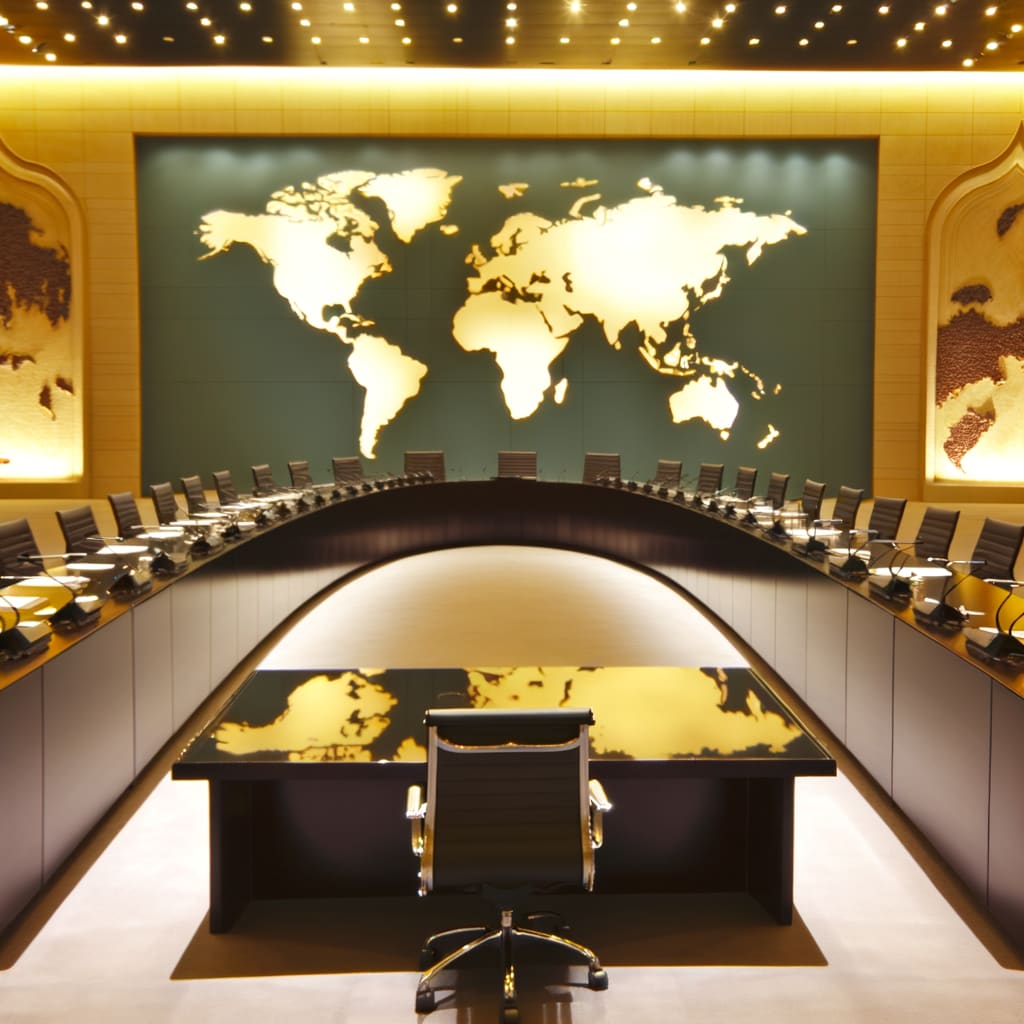Israel's Unprecedented Attack on Qatar Roils Region, Sparks International Condemnation
In an audacious move that has ratcheted up regional tensions, Israel launched an airstrike targeting Hamas leaders in Doha, Qatar's capital. The strike claimed six lives, including a member of Qatar's security forces and the son of a senior Hamas leader. The event, which occurred on Tuesday, has drawn fierce criticism from around the globe and has left the United States' regional leadership in question.
Background and Context
Qatar has long played the role of a mediator between Israel, Hamas, and international actors, making the Israeli strike on its soil both unexpected and alarming. The targeted Hamas leaders survived the attack, but the strike has nonetheless thrown the region into a state of high alert and uncertainty.
Prime Minister of Qatar, Mohammed bin Abdulrahman al-Thani, has called for a comprehensive regional response to the Israeli attack and vowed that his country will not tolerate violations of its sovereignty. He described the situation as a turning point,
signaling a potential shift in regional dynamics.
International Condemnation and Reactions
The Israeli attack on Qatar has drawn a swift international rebuke, with Algeria calling for an emergency United Nations Security Council meeting, and countries like Pakistan, the UAE, Turkey, and Canada condemning the assault. Canadian Minister of Foreign Affairs, Anita Anand, announced that Canada is reevaluating
its relationship with Israel in light of the recent events.
Despite the international criticism, Israel's ambassador to Washington, Yechiel Leiter, defended the strike and stressed that the country would continue to target Hamas leaders worldwide if necessary.
US Position and Regional Implications
US President Donald Trump distanced himself from the decision to strike, stating that it did not advance the goals of either Israel or the US. However, his administration's position has been contradicted by the Israeli ambassador, who insisted that ties with the White House remain strong.
The strike has put the US's role as a security guarantor for the Gulf region under scrutiny, with many questioning the effectiveness of American military bases in providing security for host countries.
Future Developments
Qatar's Prime Minister al-Thani has hinted at a regional response to Israel's attack and revealed that preparations for a summit in Doha to discuss the situation are underway. This comes as countries like Saudi Arabia and the UAE warn of grave consequences
resulting from Israel's actions, indicating that the region may unite in response to the strike.
Despite the fallout from the attack, Israeli Prime Minister Benjamin Netanyahu remains defiant, urging Qatar to either expel Hamas officials or bring them to justice.
Conclusion
The Israeli strike on Qatar marks a significant shift in regional dynamics, challenging the decades-old foundations of US power in the Gulf and potentially altering the role of Qatar as a mediator. As the region grapples with the aftermath of the attack, the world waits to see how the situation will evolve and what repercussions it may have on the geopolitical stage.

